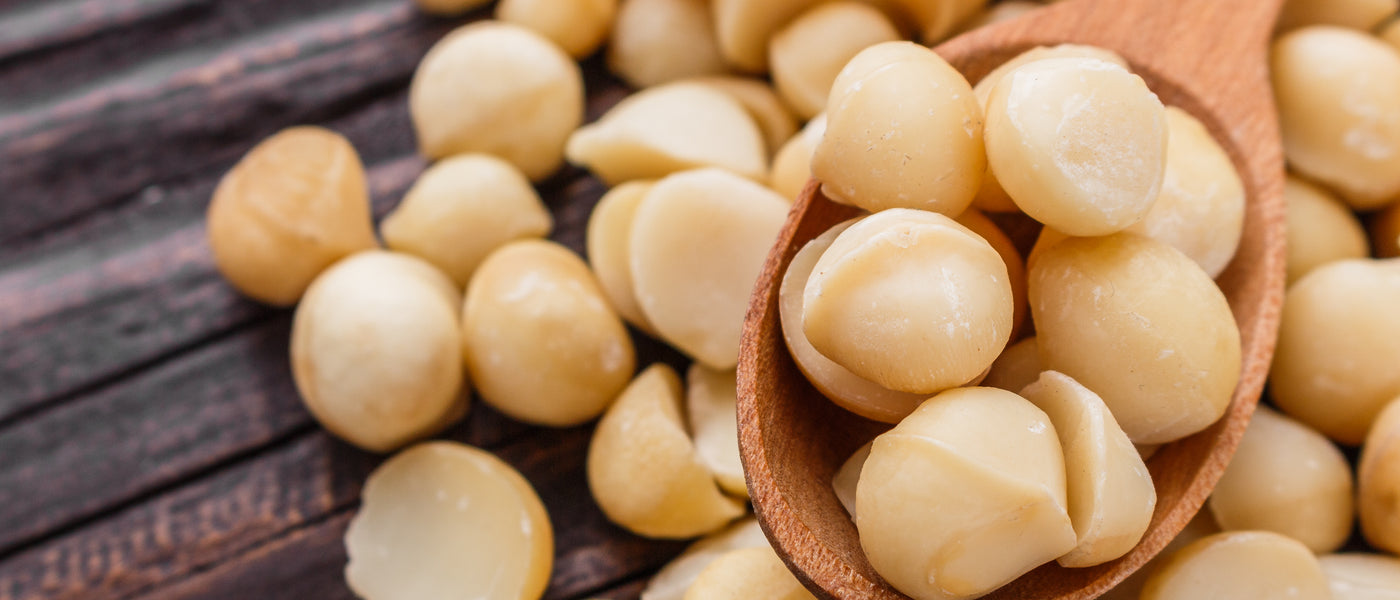
Going Nuts for Nuts
'Going Nuts for Nuts'
Unsurprisingly many studies have shown that eating nuts in moderation isn't linked to weight gain. Yes, they can be high in calories, but they generally pass through the digestive system.
The fat in whole nuts is protected by plant cell walls which aren't easily broken down by the digestive system. That means that little capsules of fat can pass directly through the digestive tract intact. There's no denying that they are calorie dense and high, in fact a 30g handful of mixed nuts contains just under 200 calories, the equivalent of some chocolate bars. That said, the main macronutrient is fat which yields a higher energy per gram than carbohydrate.
Nuts do provide unsaturated fats, fibre, protein, vitamins, minerals and other micronutrients with some research studies showing compelling evidence that nut intake confers protection against cardiovascular disease (CVD).
There is a wide variety of these perfect stand-alone snacks, but they all have different nutritional characters to bring to the plate and many of them are key ingredients in the fasting mimicking diet (FMD) nutritional plan.
Some of them have some unique qualities, for example pecans being especially high in antioxidants. A diet high in antioxidants can help prevent chronic diseases as well as prevent and repair cellular damage that can lead to signs of ageing. Research from the Journal of Nutrition found that a serving of pecans a day can do wonders in lowering total cholesterol and LDL levels over time.
Walnuts contain omega 3 and often feature in studies in longevity and fighting inflammation. Some people even refer to them as ‘brain food’ no guessing as to why but the resemblance is clear! However, they do contain polyunsaturated fats which are incredibly important for the integrity of millions of branches of little arteries that supply oxygen and nutrients to different parts the brain.
Macadamia nut has been linked in some studies to a reduction of risk factors associated with metabolic syndrome, especially type 2 diabetes. In addition, a review in Food Science and Nutrition found the consumption of a variety of nuts including cashews, almonds and pistachios are found to be rich in substrates for gut microbiota. Not only are they rich in fibre, but provide selective prebiotic effects and antimicrobial activities against gut pathogenic bacteria.
Its important to note that more research is needed before any strong conclusions can be made, but including a variety of nuts in your diet can be an easy and practical way to unlock their healthy potential. To incorporate nuts into your daily routine, simply crush them to make tasty crumble or gratin topping. Spread them on your sourdough in the form of a nut butter, or spoon them into your favourite smoothie or overnight oats.

